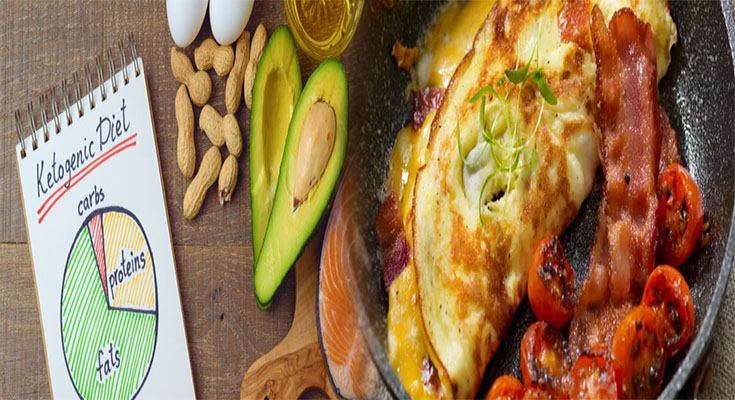Personalized Meal Planning for Long-Term Weight Maintenance Success
When it comes to achieving long-term weight loss success, personalized meal planning is key. While most fad diets focus on short-term, rapid weight loss, they fail to address the key component of sustained weight maintenance. By creating a personalized, sustainable meal plan, you can develop healthy eating habits that will help you maintain your weight loss goals over the long term. Here’s what you need to know.
Why Personalized Meal Planning Matters
No two individuals are the same, and their dietary needs and preferences also differ. A personalized meal plan takes into account your unique nutritional needs, such as your calorie requirements, dietary restrictions, and personal tastes. Through meal planning, you can ensure that you’re eating well-balanced meals that provide all the nutrients your body needs while also meeting your weight loss goals. This approach also eliminates the need for guesswork and reduces the likelihood of making impulsive or unhealthy … Read more












